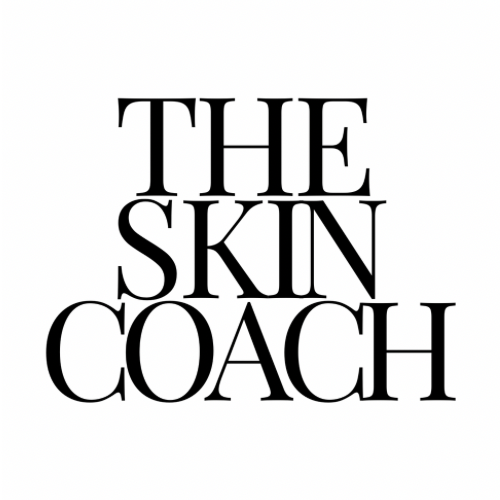Dermatitis is a collective term for many different types of skin inflammation (including eczema). It is characterized by rash-like formations, which are often associated with itching, dryness, redness and swelling. Although dermatitis is not contagious, it can be uncomfortable. Some types of dermatitis tend to appear temporarily (such as those caused by an allergic reaction) while others may linger much longer. It can flare up in response to "triggers", such as stress, hormones or changes in the weather. Below are some of the more common types of dermatitis:
Atopic dermatitis
This is another term for eczema, a genetic skin condition that first appears during childhood, but can last a lifetime and flare up at any age. Eczema is usually characterized by extremely itchy and dry skin, although this reaction is caused by a hypersensitivity to allergens found in dyes, fabrics, beauty products, soaps and fur. Eczema can also be stress-related or a side effect of an immune disorder.
Contact dermatitis
The result of an allergic reaction. This form of dermatitis occurs when your skin comes into contact with something it doesn't agree with, such as certain skin care products, makeup, plants, soaps, detergents, and metals. These irritations are usually itchy, stinging or burning and can result in dry skin with red rashes.
Perioral dermatitis
This form of dermatitis affects the mouth area and is sometimes confused with acne because it can look similar. POD, as it is also called, is characterized by a red, itchy rash with swollen and inflamed nodules.
Sebborous eczema
Generally affects the scalp, the areas of the skin that have hair follicles and is likely to appear on parts of the body where there are many sebaceous glands that produce sebum. This can result in red rashes, itchy skin and dandruff.
Treatment tips
If you suspect that you may have dermatitis, especially a severe case, we recommend that you see a dermatologist or doctor who can prescribe medications or creams to relieve your symptoms. The most effective treatment for treating dermatitis including eczema is cortisone. It is also best to avoid active ingredients (exfoliation, deep cleansing), soaps with alcohol and anything that can further disturb the skin barrier. Include moisturizers formulated for sensitive skin types and apply several times a day to ensure skin stays hydrated.
Simple trick to relieve redness, swelling and irritation: try a cold compress: Wet a muslin towel, put it in the fridge or freezer for a while and apply to the skin.
Products that can suit a skin with dermatitis (NOTE, always consult a skin therapist or doctor first).




